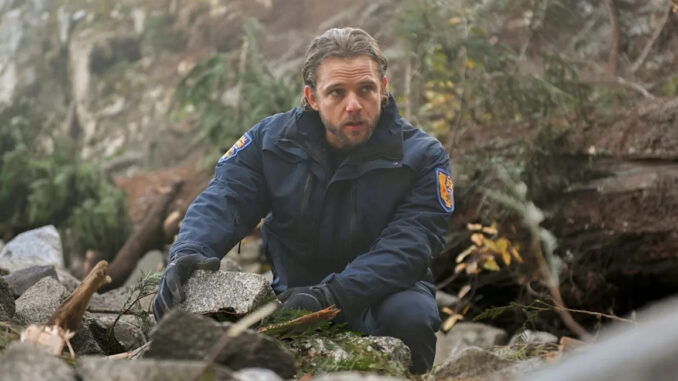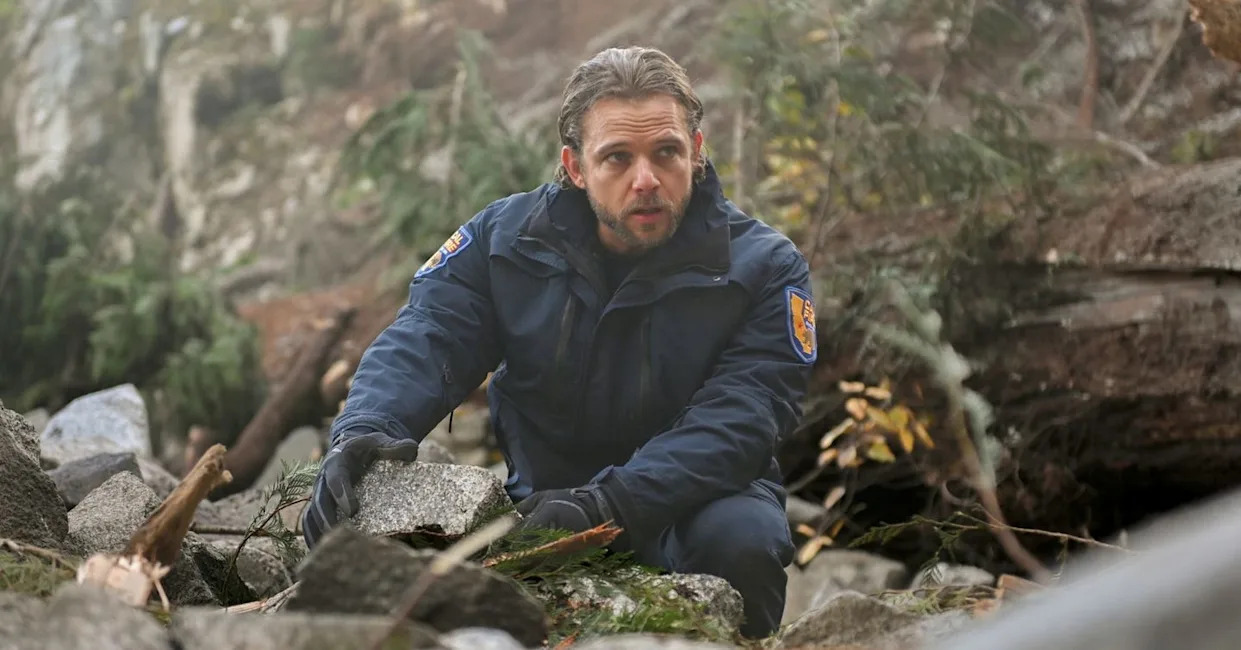
The Ember and the Inferno: Max Thieriot’s Season 4 Bombshells and the ‘Fire Country’ Fan Frenzy
The digital landscape of television fandoms is a tinderbox, constantly awaiting the spark of a new revelation, a plot twist, or a whispered hint from the creators themselves. When that spark comes from a figure as central as Max Thieriot, co-creator and star of the hit series Fire Country, it’s not just a spark – it’s a full-blown inferno. The recent “Season 4 bombshells” dropped by Thieriot have not merely piqued interest; they’ve sent the show’s dedicated fanbase into a delightful, collective meltdown, a testament to the show’s magnetic storytelling and the unique bond it forges with its audience.
Thieriot is not merely an actor delivering lines; he is an architect of the Fire Country universe, inhabiting the complex role of Bode Donovan while simultaneously shaping the very narrative that unfolds around him. When such a figure speaks of future seasons, his words carry a weight far beyond a mere tease. These aren’t just idle spoilers; they are pronouncements from the source, foreshadowing seismic shifts that promise to redefine the very landscape of Edgewater and the lives of its embattled firefighters. The “bombshells” are not just plot points; they are carefully calibrated detonations designed to ignite speculation, fuel fervent discussions, and ensure that the show remains at the forefront of its audience’s minds long before the cameras even roll.
Imagine the hypothetical scenarios that would cause such a collective frenzy. Perhaps Thieriot hinted at the return of a character long thought lost, a ghost from the past whose reappearance would unravel carefully mended relationships and force new reckonings. Or perhaps, the bombshell pointed to a major character’s unexpected departure or a life-altering medical crisis that casts a shadow over the entire camp, challenging the resilience of even the strongest bonds. The “losing it” factor amplifies when the beloved, troubled protagonist, Bode, finds his hard-won progress threatened, or when the core dynamic of the firefighting family is irrevocably altered. These aren’t just narrative twists; they are emotional gut-punches and exhilarating cliffhangers, crafted to resonate deeply with a fanbase invested in every flicker of hope and every brush with despair.
The fan reaction, truly “losing it,” is a symphony of digital chaos and fervent devotion. Social media platforms become a tempest of theories, memes, and impassioned pleas. Twitter feeds blaze with frantic capital letters and emoji explosions. Reddit threads become dense tapestries of speculative fiction, with fans dissecting every word, every nuance of Thieriot’s pronouncements, searching for hidden clues or confirming long-held suspicions. Watch parties for old episodes are organized anew, searching for forgotten breadcrumbs. The collective gasp of anticipation morphs into a cacophony of theories: “What if X happens to Y?” “No, it has to be Z!” This isn’t just passive consumption; it’s active participation, a digital campfire around which a community gathers, united by their shared passion and their desperate need to know what fresh hell – or triumph – awaits their beloved characters.
This art of the strategic “bombshell” isn’t merely about creating hype; it’s about acknowledging the deep engagement of the modern television audience. It’s a testament to Fire Country‘s ability to build a world compelling enough that its inhabitants’ fates genuinely matter to millions. Thieriot, as both an insider and an outsider in this interaction, understands the pulse of his show’s community. His revelations serve to remind fans that the stakes are constantly escalating, that the narrative is alive and evolving, and that the journey of redemption, sacrifice, and community that Fire Country explores is far from over.
In essence, Max Thieriot’s Season 4 bombshells are more than just pre-release information; they are a reaffirmation of the show’s power, a galvanizing force for its audience, and a clever strategic play in the ongoing game of television engagement. They illustrate the electric synergy between creator and fan, proving that in the world of Fire Country, every spark, every ember, has the potential to ignite an entire inferno of passion and anticipation. As the dust settles on these initial revelations, the true “bombshell” may well be the enduring strength of storytelling itself, and the unbreakable bond forged between a compelling narrative and an audience eagerly, excitedly, and yes, “losing it” over what comes next.

